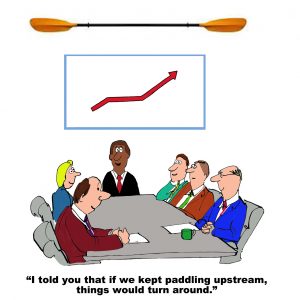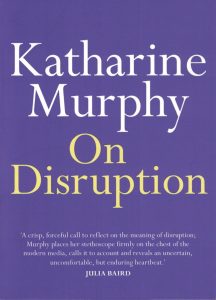 An August 2018 report from Ontario’s Institute for Work and Health (IWH) opens stating:
An August 2018 report from Ontario’s Institute for Work and Health (IWH) opens stating:
“Whilst the financial cost of work-related injury and illness are well known, limited information is available on what employers spend to control or eliminate the causes of work-related injury and illness.”
This is questionable. The cost of traumatic injuries may be well-known and the cost to business may be well-known but only if one exempts the cost of work-related psychological health, as this survey seems to do, and only if one considers the related business costs as almost entirely workers’ compensation. There is a



 Some media reports on the
Some media reports on the 
 The trade union movement was instrumental in showing that workplace bullying was a pervasive problem in Australian workplaces. Many Codes of Practice and guidances for workplace bullying and occupational violence were written shortly after the action by the Australian Council of Trade Unions almost two decades ago. But, for some reason, although sexual harassment was mentioned in those early documents, it never received the attention in occupational health and safety (OHS) circles that, in hindsight, it should have.
The trade union movement was instrumental in showing that workplace bullying was a pervasive problem in Australian workplaces. Many Codes of Practice and guidances for workplace bullying and occupational violence were written shortly after the action by the Australian Council of Trade Unions almost two decades ago. But, for some reason, although sexual harassment was mentioned in those early documents, it never received the attention in occupational health and safety (OHS) circles that, in hindsight, it should have.